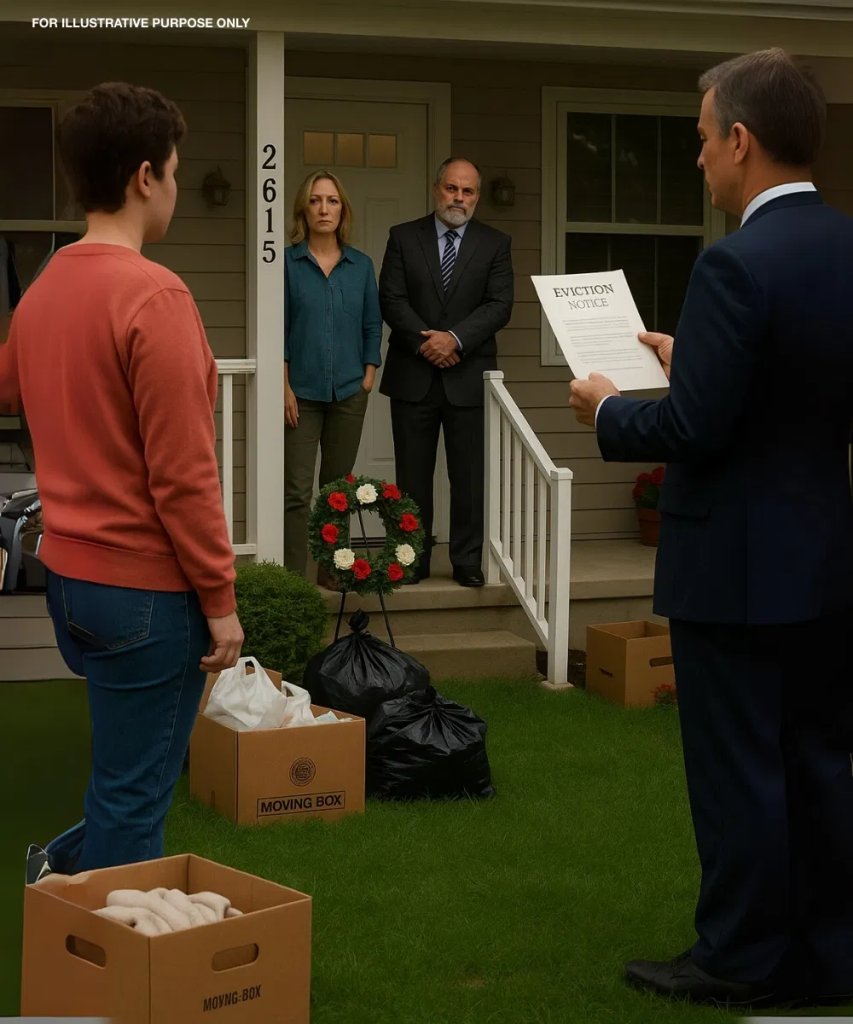My name is Sheila. I’m 32 and serve as the finance director at a major corporation.
I fought hard to get where I am today, especially after my own family kicked me out with nothing a decade ago.
When I was six, my mom disappeared. She left with another man, leaving behind a note saying she “couldn’t handle motherhood anymore.” For three years, it was just Dad and me. He did his best, and we settled into our own rhythm.
When I was nine, she came back—tearful, apologetic, and holding a little girl. DNA tests confirmed the child, Emma, was Dad’s. He forgave her, remarried her, and I thought maybe things would go back to normal.
I was dead wrong.
From the moment she returned, I faded into the background. All attention shifted to Emma. Everything revolved around her. At my graduation, where I was valedictorian, they came but left early because Emma had a soccer game.
When I earned a full scholarship out of state, I was thrilled. After graduating, I came home, hoping to stay a few months while looking for work.
“You can stay two weeks,” Dad said without much emotion.
“Emma’s sixteen now. She needs her space.”
“You’re an adult, Sheila,” Mom added.
“It’s time for you to stand on your own.”
So, I stayed with a friend, found a job, and built my career from scratch. I was done relying on them.
Ten years later, my assistant knocked on my office door. “Sheila, there’s a man here who says he’s your father.”

I went downstairs and saw him—thin, pale, and aged beyond his years.
“I have cancer,” he confessed quietly over coffee.
“Pancreatic. They say I have two or three years left.”
Despite everything, he was still my father. “I’m sorry,” I said genuinely. “How can I help?”
He took a deep breath. “The house. I’m behind on payments. Foreclosure is coming. I want you to buy it. Clear the debts and it’s yours. That way, your mom and Emma won’t lose the home.”
I stared at him—the man who once threw me out was now asking me to save their roof. My first reaction was to laugh. Then I thought it over. I’d been wanting to buy property, and prices had soared.
“Okay,” I said. “I’ll buy it.”
Two months later, the deed was in my name. The house I grew up in was mine. Mom and Emma never knew.
A few months after that, Dad invited me to dinner. The atmosphere was tense as expected. Dad seemed relieved, Mom stayed distant, and Emma spent the whole meal boasting about her Europe trip, her new Mercedes, and a designer bag that probably cost thousands—all funded by the money I’d given Dad. I just smiled and ate.